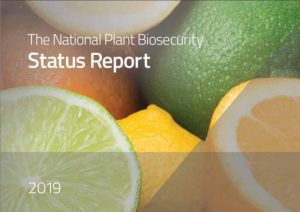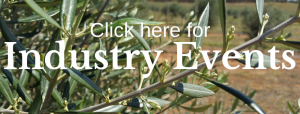
The National Plant Biosecurity Status Report for 2019 has just been released by Plant Health Australia (PHA) and is now available online.
Bringing together contributions from over 100 government, industry and research organisations, PHA publishes the report annually to provide a comprehensive overview of the state of plant biosecurity in Australia in the previous calendar year.
“2019 was challenging for agricultural industries in Australia, with extreme climatic events impacting production across the nation,” said PHA Chair Steve McCutcheon.
“Fortunately, our crops and native plants continue to be largely protected from the consequences of pests that affect plants overseas by a highly effective biosecurity system.”
Last year also saw a renewed focus on plant health both nationally and internationally, with the launch of 2020 as the International Year of Plant Health.
The report captures the efforts being made by governments, industries, research agencies and the community to support Australia’s biosecurity system. For example, it details over 680 plant and pollinator biosecurity research, development and extension projects and 112 plant pest surveillance programs undertaken in 2019.
It also lists nearly 400 high priority pests of Australia’s plant industries, identified through biosecurity planning facilitated by PHA. For the first time it also includes a list of high priority pests of the environment.
Another key feature of the report is the profiles of over 35 plant industries. Each profile highlights the industry’s economic value, major growing regions, key exotic pest threats and biosecurity initiatives. The value of each industry over time is also tracked, painting a picture of the growth of some industries and the challenges faced by others.
Download the National Plant Biosecurity Status Report for 2019 here.



